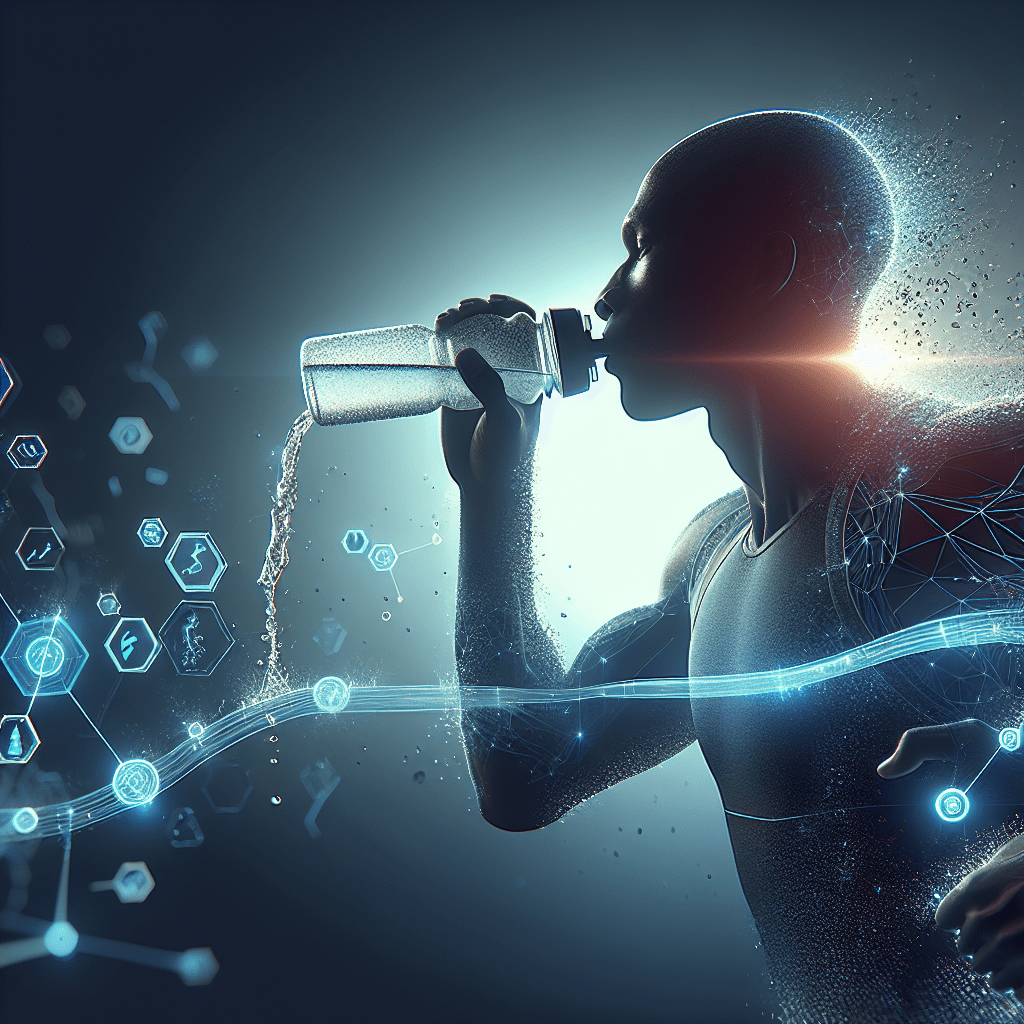The Runner’s Guide to Pre-Race Hydration: What You Need to Know

Introduction to Pre-Race Hydration
Hydration is a critical component of running performance. It's not just about drinking water, but understanding how much, when, and what kind of fluids your body needs to function at its best. This article will provide a comprehensive guide to pre-race hydration, essential for every runner, whether you're a seasoned marathoner or a casual jogger.
The Importance of Hydration
Hydration plays a crucial role in regulating body temperature, lubricating joints, and transporting nutrients to give you energy and keep you healthy. When you're dehydrated, your body can't perform at its best, leading to fatigue, muscle cramps, dizziness, and other symptoms that can significantly impact your running performance.
"Hydration isn't just about quenching thirst, it's about maintaining optimal body function." - Sports Nutritionist
How Much Should You Drink?
There's no one-size-fits-all answer to this question as it depends on various factors, including your weight, the weather, and how much you sweat. However, a general rule of thumb is to drink at least half your body weight in ounces of water each day. For example, if you weigh 150 pounds, aim for 75 ounces of water daily.
When Should You Hydrate?
Hydration should be a daily habit, not just something you do right before a race. It's essential to start hydrating several days before the event, especially if it's a long race like a marathon. On race day, aim to drink 16-20 ounces of water 2-3 hours before the start, giving your body time to process the fluid.
What Should You Drink?
Water is the most obvious choice for hydration, but it's not always enough, especially for long-distance runners. Electrolyte drinks can be beneficial as they replace the salts lost through sweat, which are crucial for muscle function. Avoid drinks with high sugar content as they can lead to stomach issues.
"Electrolytes are essential for muscle function and preventing cramps during endurance events." - Exercise Physiologist
Understanding Dehydration and Overhydration
While dehydration is a common concern for runners, overhydration can also be dangerous. Drinking too much water can lead to hyponatremia, a condition where the sodium levels in your blood are too low, causing symptoms like nausea, seizures, and even coma in severe cases.
Dehydration, on the other hand, can lead to heat stroke, kidney damage, and other serious health issues. It's crucial to find a balance and listen to your body's signals.
"Both dehydration and overhydration can lead to serious health issues. Balance is key." - Sports Medicine Doctor
Hydration and Heart Health
Proper hydration is not only crucial for your running performance but also for your heart health. When you're dehydrated, your heart has to work harder to pump blood, which can increase your heart rate and cause palpitations. Staying hydrated helps maintain your heart health and overall well-being.
"Dehydration can put unnecessary stress on your heart." - Cardiologist
Conclusion
Proper hydration is a critical part of running performance and overall health. It's not just about drinking water, but understanding how much, when, and what kind of fluids your body needs. Remember, balance is key, and it's crucial to listen to your body's signals. Whether you're a seasoned marathoner or a casual jogger, staying hydrated will help you run your best race.
Summary
Hydration is essential for running performance and overall health. It helps regulate body temperature, lubricate joints, and transport nutrients. Runners should aim to drink at least half their body weight in ounces of water each day and start hydrating several days before a race. Electrolyte drinks can be beneficial for long-distance runners, but it's crucial to avoid overhydration. Finally, staying hydrated is not only important for your running performance but also for your heart health.
"Hydration is not just about quenching thirst, it's about maintaining heart health and optimal body function." - Sports Nutritionist



